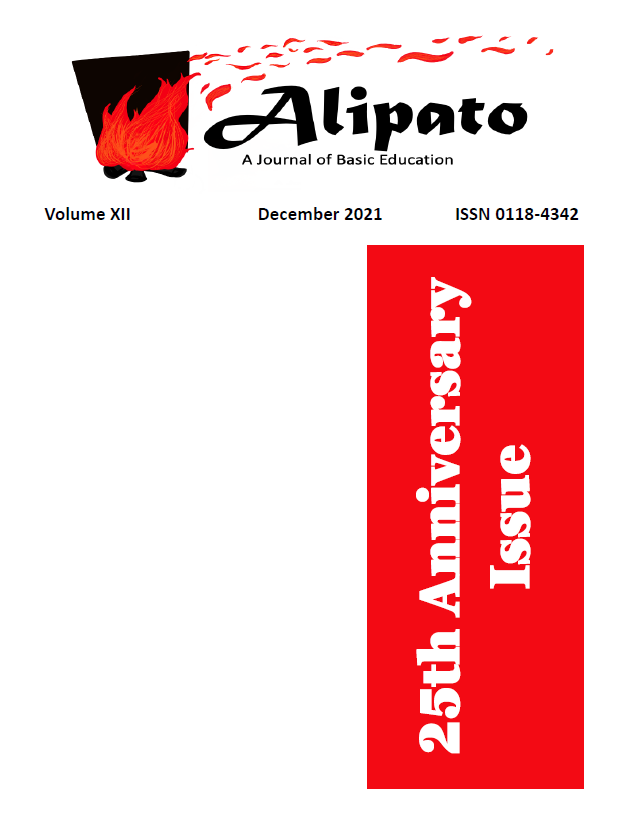Effects of Manipulative Game-Based Learning on Students’ Achievement in Chemistry
Abstract
This study aimed to determine the effects of
Manipulative Game-Based Learning (MGBL) on
students’ achievement in Periodic Trends in
Chemistry. The study involved 62 ninth graders from
two sections of the Science, Technology, and
Engineering (STE) track in a public high school in
Quezon City. One section was used as the control
group with a traditional teaching approach while the
experimental group was taught using games and
concrete manipulatives. The questionnaire was
developed, pilot tested and validated by experts.
The pretest and post-test scores were gathered,
tabulated, and analyzed. Using an independent
sample mean and paired t-test, results revealed that
there was a significant difference in the post-test
mean scores of the students who underwent
Manipulative Game-Based Learning (MGBL).
The findings indicate that MGBL helped improve the
knowledge and conceptual understanding of the
learners. This is further supported by the
respondents’ feedback that they became active in
class, showed more interest in the lesson, and
created meaningful knowledge from the lessons.
Researchers may explore using the MGBL in other
topics of Science and discipline in different groups.
Succeeding studies may tap on more variables and
cover a large sample size to improve the study.
Keywords: manipulatives, manipulative game-based
learning, periodic trends, students’ achievement,
traditional teaching


